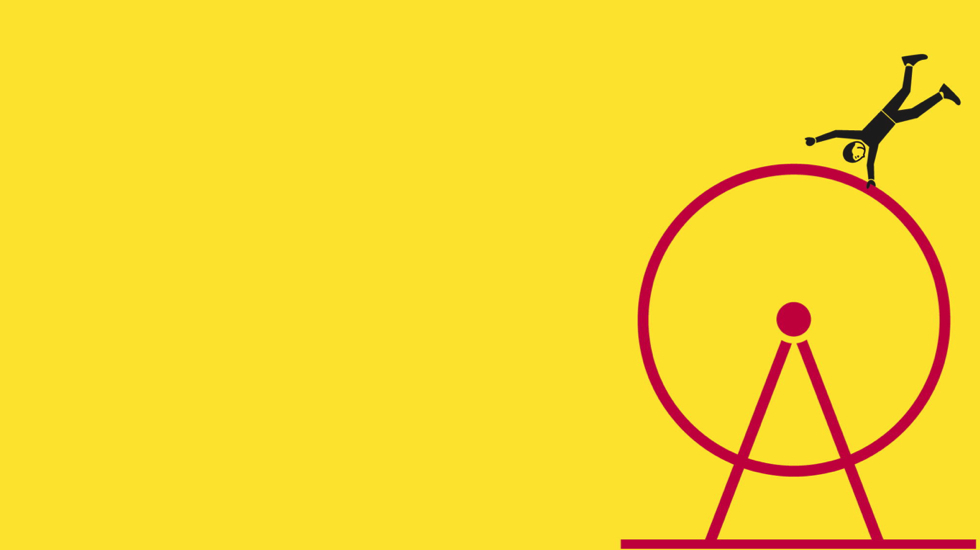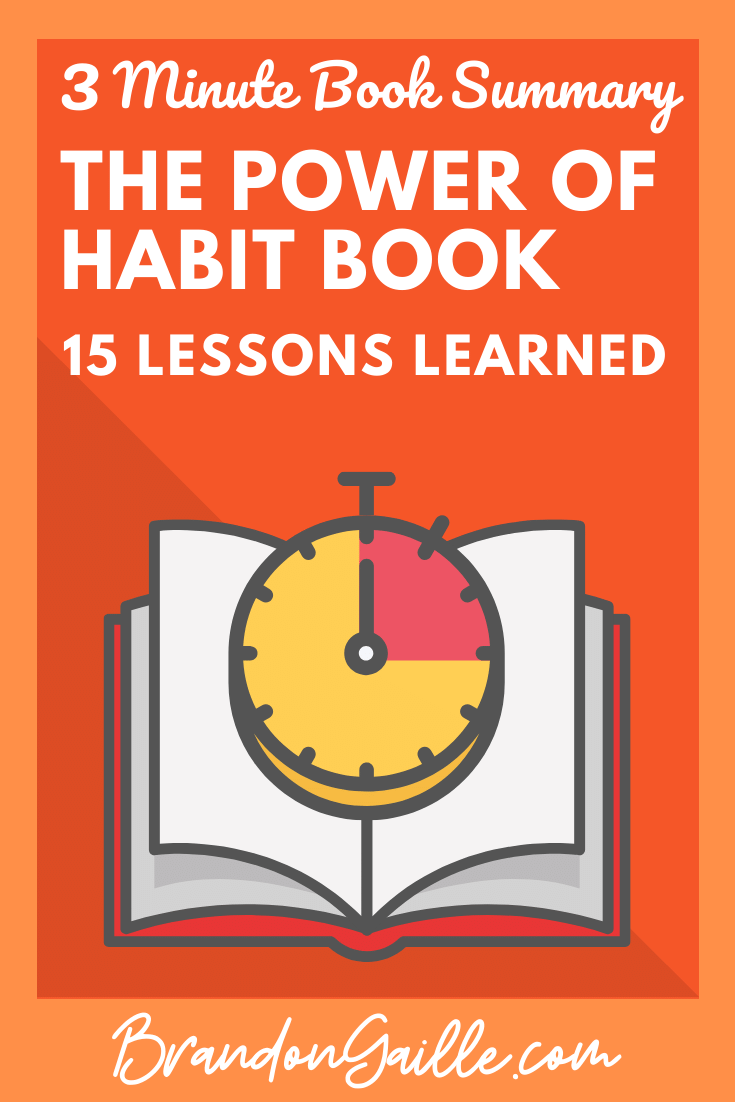
But the way music constructs desire through change and repetition is the subject for other blog posts.

What’s more, it’s also excellent at creating desire within its own structures–setting up stimulus cues through melody, harmony, and rhythm and then prolonging our wait for the reward-like that huge chorus, the cathartic chord cadence, the infectious hook, or the massive beat. Music can give us a kind of “fix” of our favorite sound combinations. Reading Duhigg’s book it struck me that as music listeners we often approach our favorite musics as kinds of habits with their own cues, routines, and rewards. In its place, cue and reward become connected to the point that “a powerful sense of craving and anticipation emerges.” Thus, that feeling that overcomes me: I must have that peanut butter! With repetition over time our habit loops become automatic which is another way of saying that our brains stop taking an active (conscious) role in our decision-making. The reward part of the cue-routine-reward habit loop is key, says Duhigg, because it “helps your brain figure out if this particular loop is worth remembering for the future.” (In the case of my appreciation for peanut better, I would say that this habit loop is a keeper.) Finally, the reward is the pay off for your routine–in this case, the gustatory pleasure you’d derive from eating the peanut butter. Cues can be almost anything–like say, the smell of peanut butter–that functions as a “trigger that tells your brain to go into automatic mode and which habit to use.” Similarly, a routine “can be physical or mental or emotional.” Routines are the habit action themselves such as eating that peanut butter.

They’re habits.”Ī habit is a powerful kind of groove, and every habit has three components: a cue, a routine, and a reward. “The choices we make every day may feel like the products of well-considered decision making” says Duhigg, “but they’re not. Through a series of case studies, Duhigg reveals the unstable ground beneath what we think are the free and unencumbered decisions we regularly make regarding how we spend our time, where we focus our attention, and the actions we take. In his best-selling self-help psychology book, The Power Of Habit: Why We Do What We Do In Life And Business, Charles Duhigg examines the structure of habits and the ways they shape everyday life for individuals, businesses and communities, and societies as a whole. “Listening habits allow us to unconsciously separate important noises from those that can be ignored.” – Charles Duhigg


 0 kommentar(er)
0 kommentar(er)
